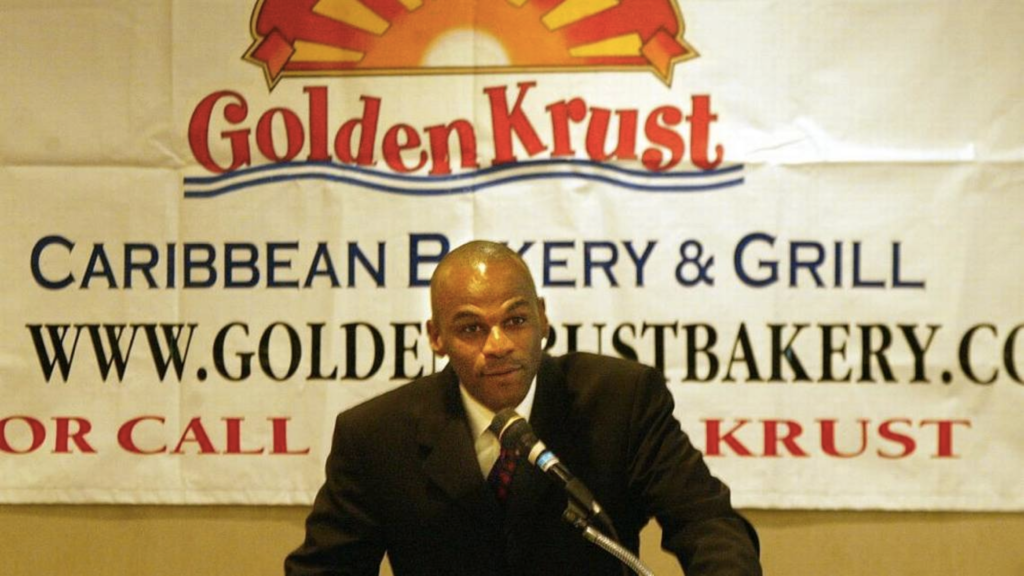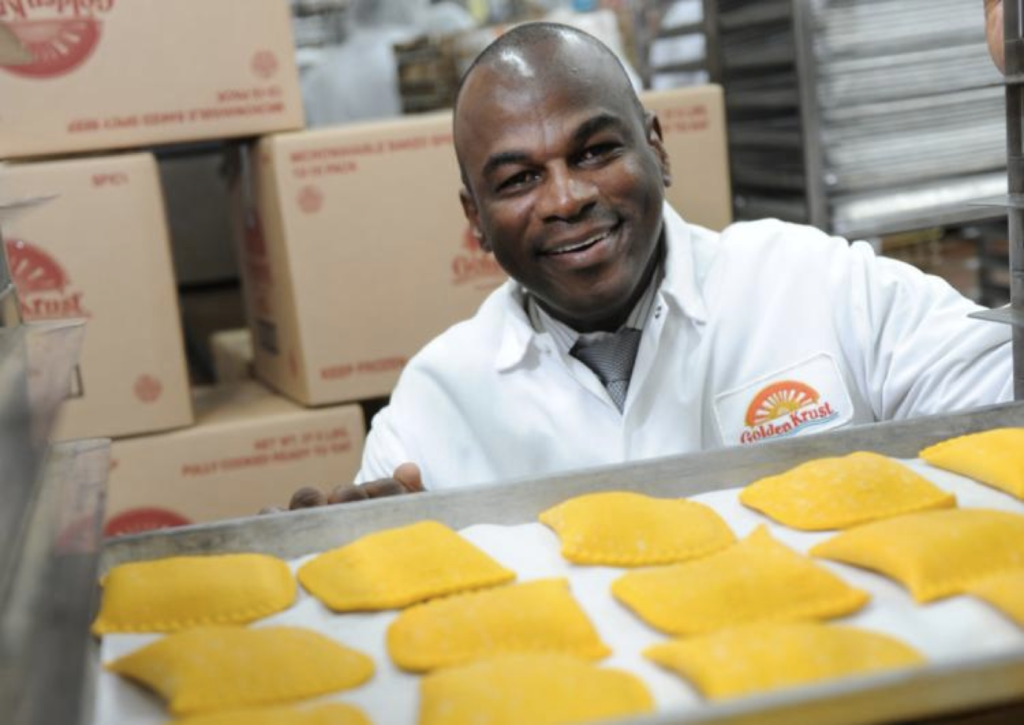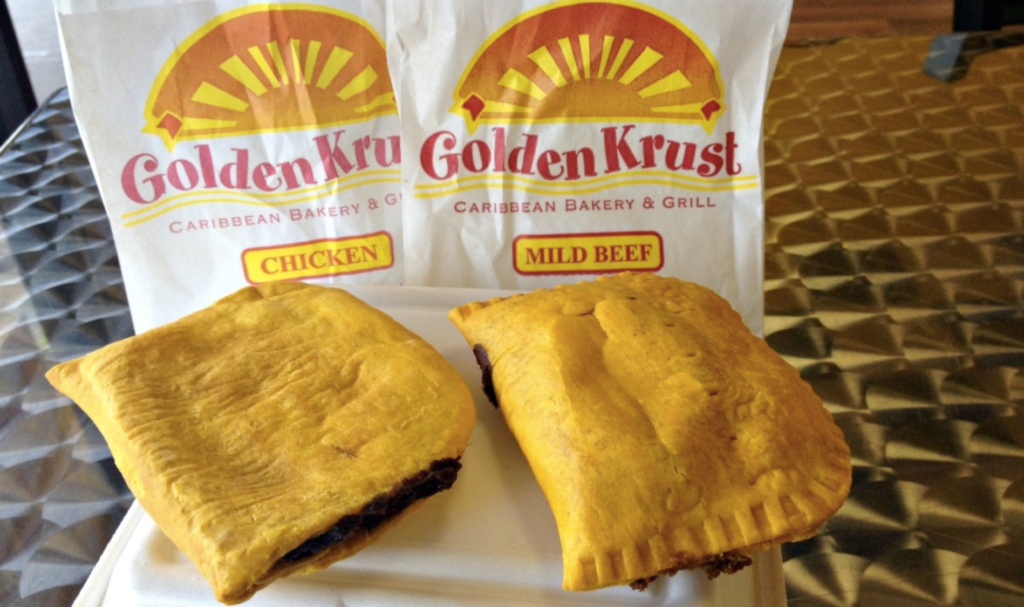
Owner of New York-based Caribbean chain Golden Krust, Lowell Hawthrone, who used his father’s and mother’s recipes and his brothers’ and sisters’ second mortgages to fund the hugely popular Jamaican restaurant in New York, was found dead this past weekend. He was 57 years old.
Hawthorne was found dead by a self-inflicted gunshot wound at the company’s factory in the Bronx on Saturday. Police sources tell the Post that Hawthorne was afraid that the government was investigating him for tax evasion.
The Jamaican immigrant opened the first location of Golden Krust in the Bronx in 1989 based on his father’s recipes, and now, the chain has over 120 franchise locations in nine states and has grown into the largest Caribbean-food chain in America. They are known for their beef patties with a flaky crust, which are also sold in grocery stores across the country. Throughout the massive growth, members of Hawthorne’s family still ran most of the company’s operation.

“I want to be the next McDonald’s,” Hawthorne told the Miami Herald in 2004 during a visit to South Florida to stir up interest in Golden Krust franchises. “When we started the company, I couldn’t have imagined that. But I think that can happen in the next 10 years.”
As Golden Krust expanded, Hawthorne’s fame did, too. He wrote an autobiography called The Baker’s Son, chronicling his life in the Caribbean and his success in New York. He even appeared on the CBS reality show “Undercover Boss,” in which owners go to work in disguise at their own companies in order to see what life is like for their employees.
Friends, staff, and other supporters left condolences at the factory throughout the weekend, leaving flowers and remembering Hawthorne at the 3958 Park Avenue building, according to various media reports. People have been flooding Golden Krust’s social media with memories as well, saying that he was “a symbol of Jamaican entrepreneurship.”

Some sources initially report that Hawthorn had tax debt and was being sued by a former staffer for thousands in lost wages, court records show.
Hawthorne had sizable tax liens, which included more than $150,000 in city taxes on the company’s buildings,...
... a police source said. He also owed at least $15,000 in state taxes.
Authorities also said they discovered a note that Hawthorne left before he shot himself in the head Saturday afternoon. They did not disclose what he wrote.
In addition to Hawthorne’s tax issues, a former maintenance staffer was suing him in Manhattan Federal Court.
In a Facebook post last week, Hawthorne wrote about his legacy:
"I was always in search of the next honest means to make a dollar. Like many transplanted Caribbean nationals, I struggled to work and raise a family. I can only thank God for everything I have achieved, and if my story here can inspire others to rise up and give it a go, then I would have succeeded in doing something meaningful."
Funeral arrangements are still being made. Hawthorne’s nephew Steven Clarke, who’s also a spokesperson for the company, tells the Times that the family is mourning, as well as assuring franchisees that they are prepared “to carry out our uncle’s mission.”









